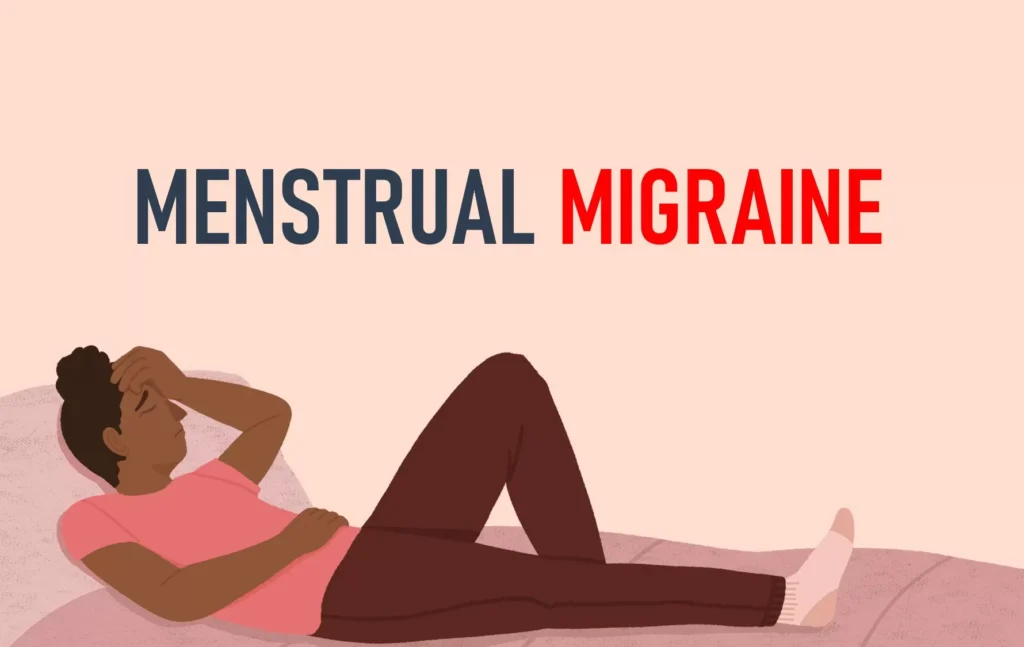Migraines are a common type of headache that can cause intense pain, along with other symptoms such as nausea, sensitivity to light and sound, and visual disturbances. Hormonal fluctuations, particularly those related to the menstrual cycle, can trigger migraines in many women. Managing menstrual migraines requires a comprehensive approach that combines lifestyle changes, preventive measures, and targeted treatments. Painex Pain Management Clinic in Pune, with its team of experienced migraine specialists, provides effective migraine treatment strategies tailored to individual needs.
What are Menstrual Migraines:
Menstrual migraines are migraines that occur in relation to a woman’s menstrual cycle. Fluctuations in estrogen and progesterone levels during different phases of the menstrual cycle can trigger migraines in susceptible individuals. Typically, menstrual migraines occur two days before the start of menstruation and continue until the third day of the menstrual period. Seeking migraine treatment in Pune is of utmost importance for individuals experiencing migraines.
Strategies for Managing Menstrual Migraines:
1. Tracking and Identifying Triggers:
Keeping a migraine diary to track the timing and frequency of migraines can help identify patterns and potential triggers related to hormonal fluctuations. This can include noting the start and end dates of menstrual periods, symptoms experienced, and any dietary or environmental factors that may contribute to migraines.
2. Hormonal Therapy:
For women with severe menstrual migraines, hormonal therapy may be recommended to regulate hormone levels. Options include combined oral contraceptives, hormonal patches, or hormonal intrauterine devices (IUDs). These treatments can help stabilize hormone levels throughout the menstrual cycle and reduce the occurrence of migraines.
3. Lifestyle Modifications:
Making certain lifestyle modifications can significantly reduce the frequency and severity of menstrual migraines. These include:
- Getting regular exercise to promote overall well-being and reduce stress.
- Practicing stress management techniques such as yoga, meditation, or deep breathing exercises.
- Maintaining a consistent sleep schedule and ensuring adequate sleep.
- Managing dietary triggers by avoiding known food triggers such as caffeine, chocolate, processed foods, and artificial sweeteners.
- Avoiding excessive alcohol consumption and staying hydrated.
4. Dietary Supplements:
Certain dietary supplements have shown promise in reducing the frequency and severity of migraines. These include:Magnesium: Taking magnesium supplements daily can potentially reduce the occurrence of migraines.
Riboflavin (Vitamin B2): Regular intake of riboflavin supplements may help reduce the frequency and intensity of migraines.
Coenzyme Q10: This antioxidant can be taken as a supplement to help reduce migraines.
5.Acute Migraine Medications:
When menstrual migraines occur, acute medications can provide relief. Nonsteroidal anti-inflammatory drugs (NSAIDs), triptans, or combination medications may be prescribed by a migraine specialist. It’s essential to take these medications as directed and to consult with a healthcare professional before using any new medication.
Conclusion:
Managing menstrual migraines requires a comprehensive approach that combines understanding hormonal triggers, implementing lifestyle modifications, considering hormonal therapy when necessary, and utilizing acute migraine medications when migraines occur. Painex Pain Management Clinic offers specialized migraine treatment in pune provided by experienced migraine specialists. By following these strategies and working closely with healthcare professionals, women can effectively manage menstrual migraines and improve their quality of life.

